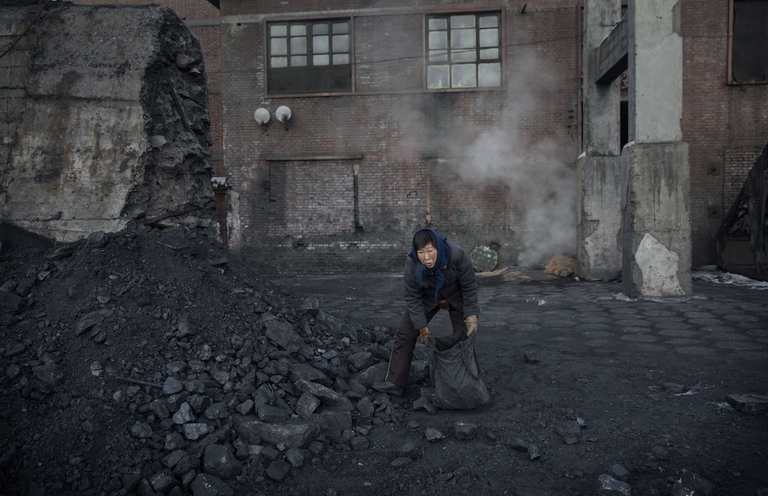
A group of experts in Tokyo suggested pouring radioactive water from Fukushima into the open sea. A marine biochemist explains the consequences of this absurd decision.
Nineteen people died due to an accident on the underground platform of a coal mine in Shuozhou city, in the northern Chinese province of Shanxi, that took place on the night of the 23rd of March. This as much as revealed by the official press agency of the central government, Xinhua. The company controlling the
Nineteen people died due to an accident on the underground platform of a coal mine in Shuozhou city, in the northern Chinese province of Shanxi, that took place on the night of the 23rd of March. This as much as revealed by the official press agency of the central government, Xinhua. The company controlling the mine, Shanxi Datong Coal Mine Group, confirmed the death toll. The causes of the incident are still unknown, reports Al Jazeera.
The latest fatalities come not even three weeks since twelve miners died due to a gas leak in a mine in northeastern Jilin province on the 6th of March. China’s coal mines are some of the deadliest in the world. Though the number of victims of mining accidents has decreased dramatically in the last decade, these still amounted to over 900 in 2014.
The country is currently the world’s largest consumer, producer and importer of coal and the hydrocarbon accounted for nearly two thirds of its energy consumption in 2014. The government has vowed to sustain efforts to reduce the number of mining accidents, including prosecuting executives of extractive companies that don’t respect safety standards.
Siamo anche su WhatsApp. Segui il canale ufficiale LifeGate per restare aggiornata, aggiornato sulle ultime notizie e sulle nostre attività.
![]()
Quest'opera è distribuita con Licenza Creative Commons Attribuzione - Non commerciale - Non opere derivate 4.0 Internazionale.
A group of experts in Tokyo suggested pouring radioactive water from Fukushima into the open sea. A marine biochemist explains the consequences of this absurd decision.
Entro quest’anno uno dei maggiori produttori e consumatori di carbone inizierà a chiudere le proprie miniere. Per ripulire l’aria e puntare sulle rinnovabili.
China’s CO2 emissions could peak by 2025, rather than 2030, the limit set by the Chinese government in November. Therefore, within 10 years, China could release in the atmosphere 12.5 to 14 billion tonnes of greenhouse gases, compared with 10.2 billion tonnes registered in 2011 (last figure available). This means that starting from 2025 China’s emissions are
A federal court in Washington, D.C. has struck down the Dakota Access Pipeline, following years of campaigning by the Standing Rock Sioux tribe.
The Scottish island of Eigg is self-sufficient for its energy needs, relying almost entirely on renewable sources, especially thanks to a coordinated community effort.
President Magufuli in unmovable in going ahead with the Stiegler’s Gorge dam despite conservationists’ warnings of the damage it will cause the Selous Game Reserve’s ecosystem and wildlife.
A large dam along the Luangwa River in Zambia would have posed a serious risk to local people and wildlife, leading hundreds of thousands to oppose it. A call to which the government responded by halting plans to build it.
The first one megawatt solar power plant in the Chernobyl exclusion zone has become operational. This is the first step in a renewable energy development project promoted by the Ukrainian government in the area.
A tanker exploded at a gas and petrol station in Nigeria’s Nasarawa state on the 10th of September, killing 35 people and leaving some burned beyond recognition; 3 citizens had several spine and brain injuries, 2 of them are still on Intesive Care Units. Fela Habila , a local singer, is now stable and out of danger but








